Metabolism

Serine/threonine kinase AMPK upregulates glucose uptake by promoting the expression and function of glucose transporters. AMPK is activated by increased AMP/ATP ratio, resulting from cellular and environmental stress, e.g. low glucose, heat shock, hypoxia and ischemia. AMPK activation positively modulates signaling transductions that refill ATP levels. Moreover, it also stimulates catabolic processes such as fatty acid oxidation and glycolysis through inhibition of ACC and activation of PFK2. AMPK negatively regulates various proteins which are important to ATP-consuming mechanisms, e.g. mTORC2, glycogen synthase, SREBP-1, and TSC2, causing the downregulation/inhibition of gluconeogenesis and glycogen, lipid and protein synthesis.
-
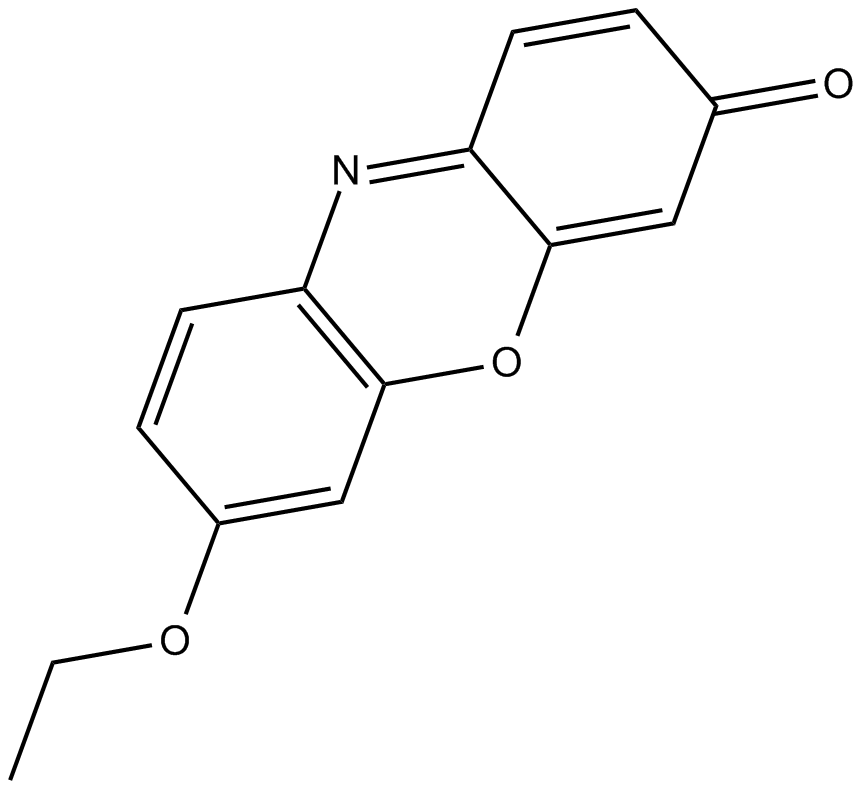 B5963 7-EthoxyresorufinTarget: Cytochrome P450 (CYP450)Summary: Specific subtrate of CYP1A
B5963 7-EthoxyresorufinTarget: Cytochrome P450 (CYP450)Summary: Specific subtrate of CYP1A -
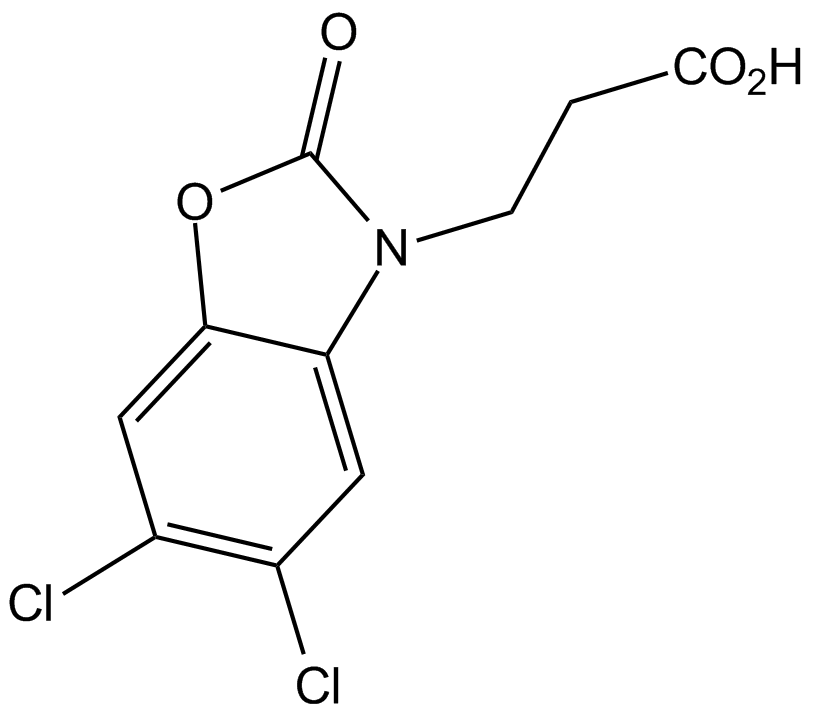 A8723 GSK180Target: Kynurenine-3-monooxygenaseSummary: inhibitor of kynurenine-3-monooxygenase (KMO)
A8723 GSK180Target: Kynurenine-3-monooxygenaseSummary: inhibitor of kynurenine-3-monooxygenase (KMO) -
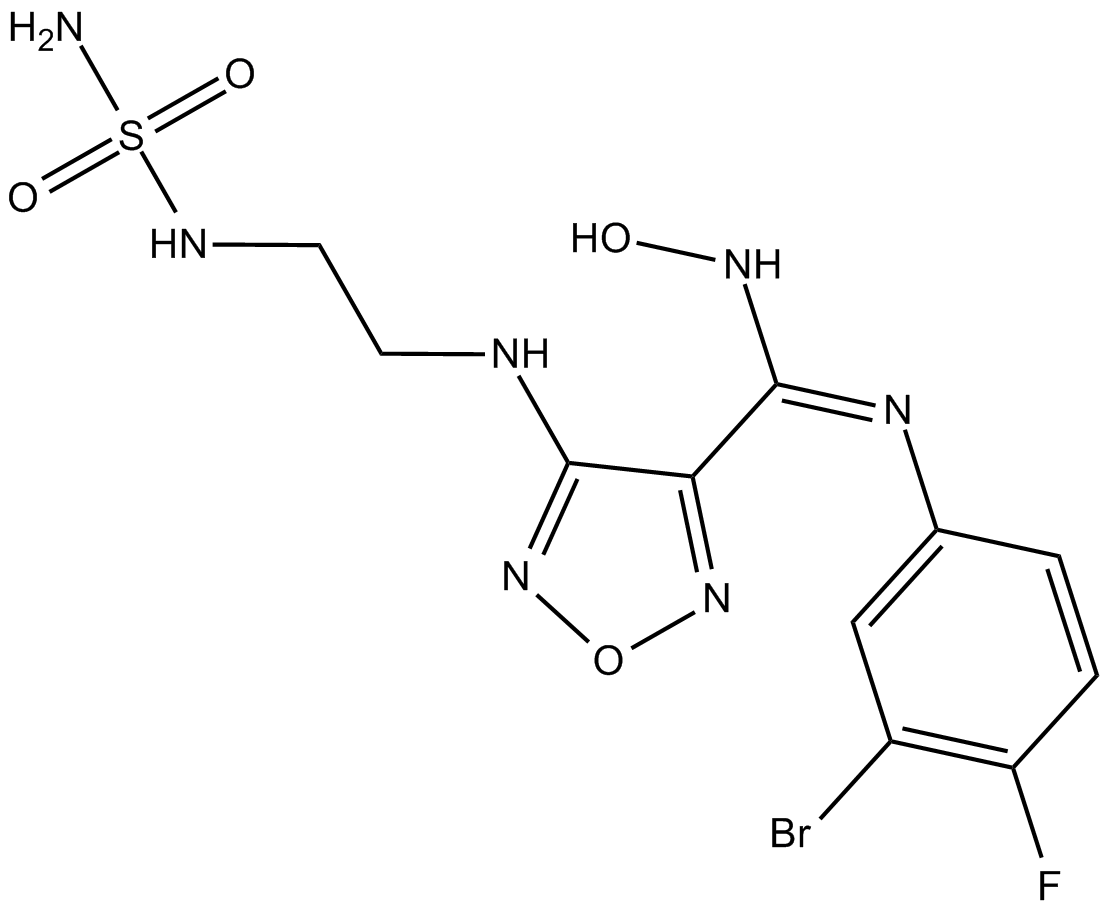 B6036 INCB-024360Target: IDOSummary: potent and selective inhibitor of IDO1
B6036 INCB-024360Target: IDOSummary: potent and selective inhibitor of IDO1 -
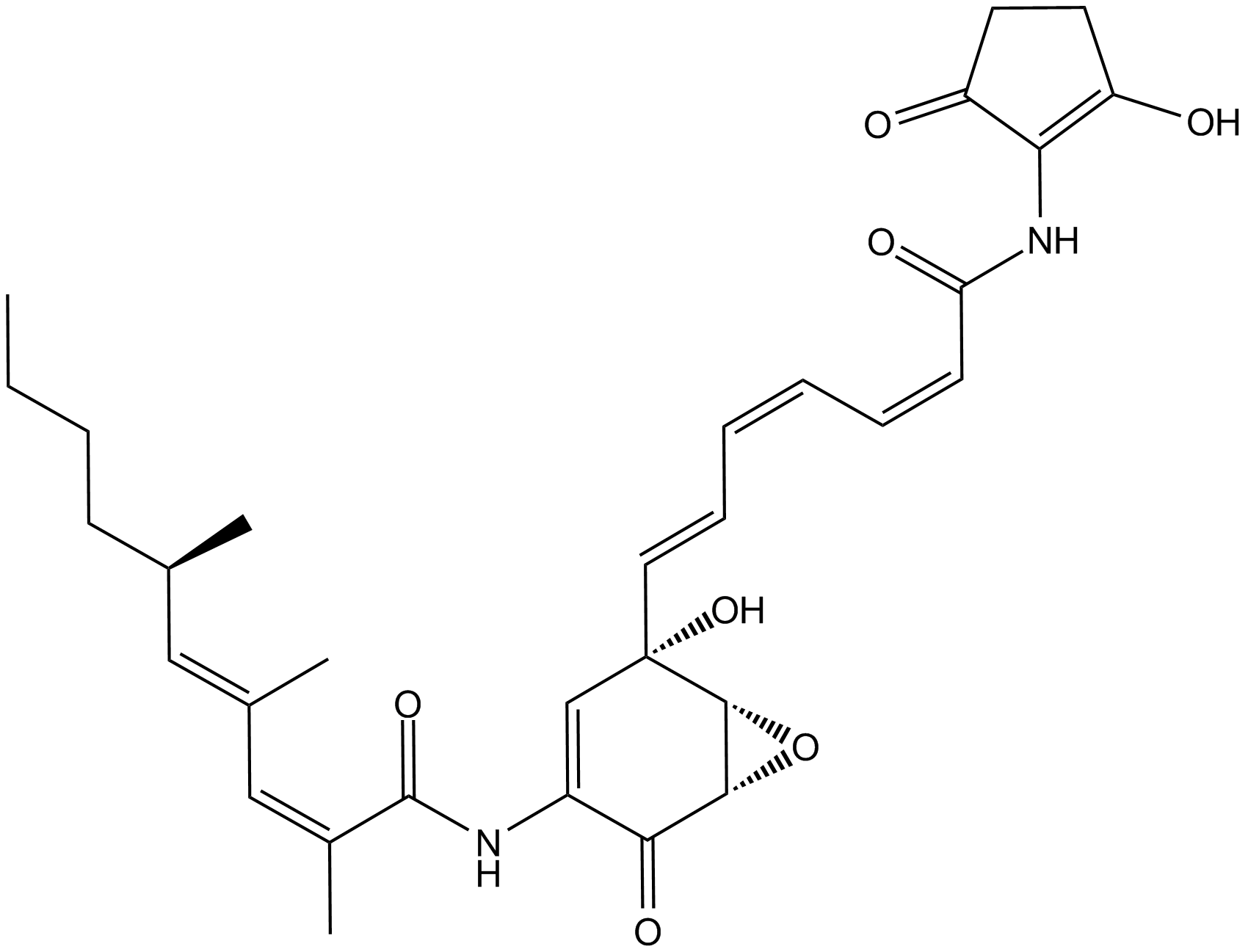 B6062 Manumycin ASummary: farnesyltransferase inhibitor
B6062 Manumycin ASummary: farnesyltransferase inhibitor -
 B6095 RSL31 CitationTarget: glutathione peroxidase 4Summary: glutathione peroxidase 4 inhibitor
B6095 RSL31 CitationTarget: glutathione peroxidase 4Summary: glutathione peroxidase 4 inhibitor -
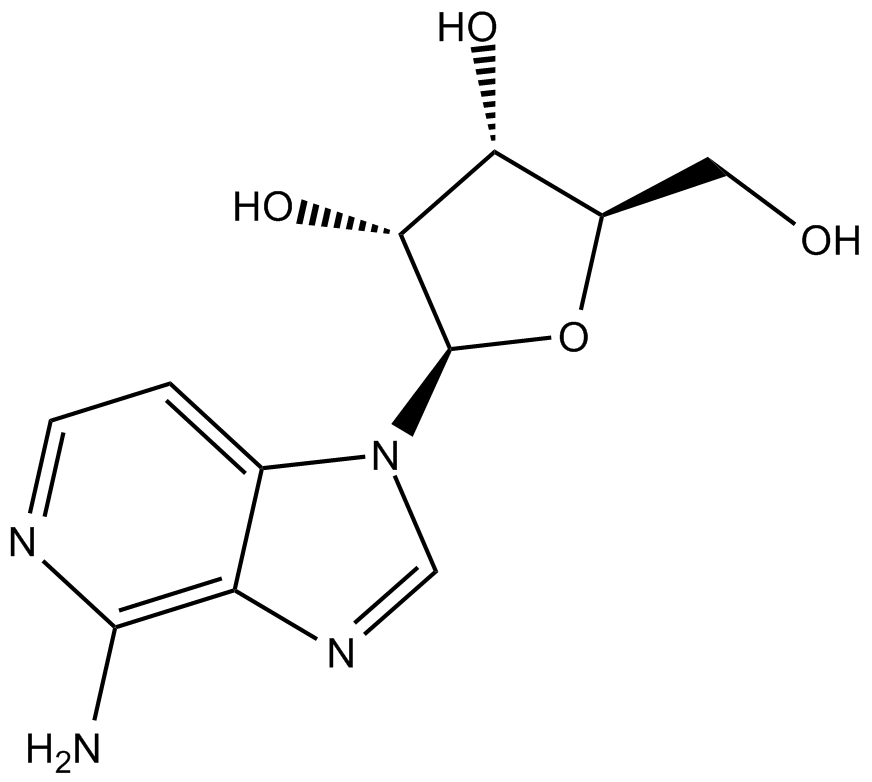 B6121 3-DeazaadenosineTarget: S-adenosylhomocysteine hydrolaseSummary: S-Adenosylhomocysteine (SAH) hydrolase inhibitor
B6121 3-DeazaadenosineTarget: S-adenosylhomocysteine hydrolaseSummary: S-Adenosylhomocysteine (SAH) hydrolase inhibitor -
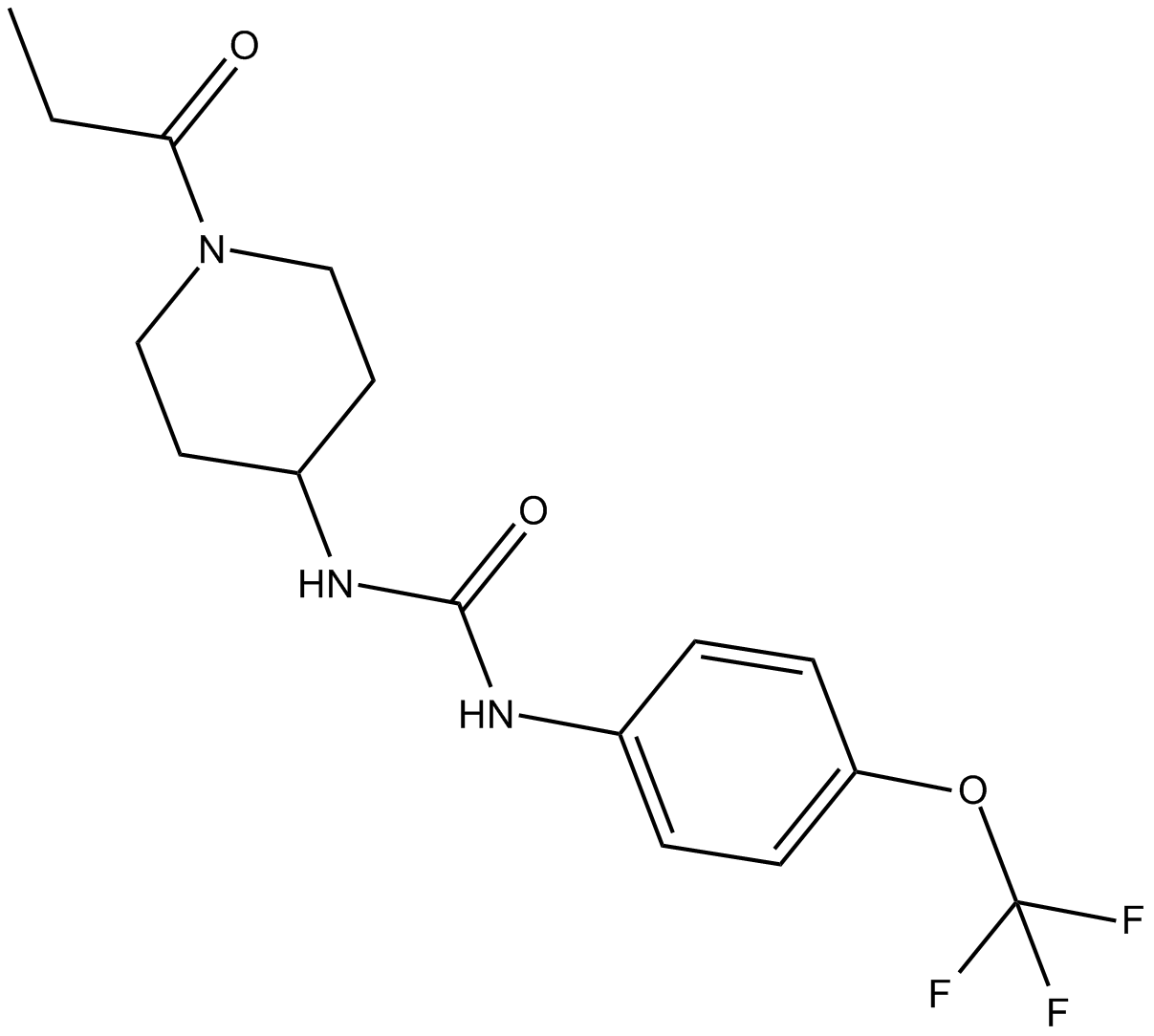 C5414 TPPUTarget: epoxide hydrolaseSummary: potent inhibitor of both human and mouse sEH
C5414 TPPUTarget: epoxide hydrolaseSummary: potent inhibitor of both human and mouse sEH -
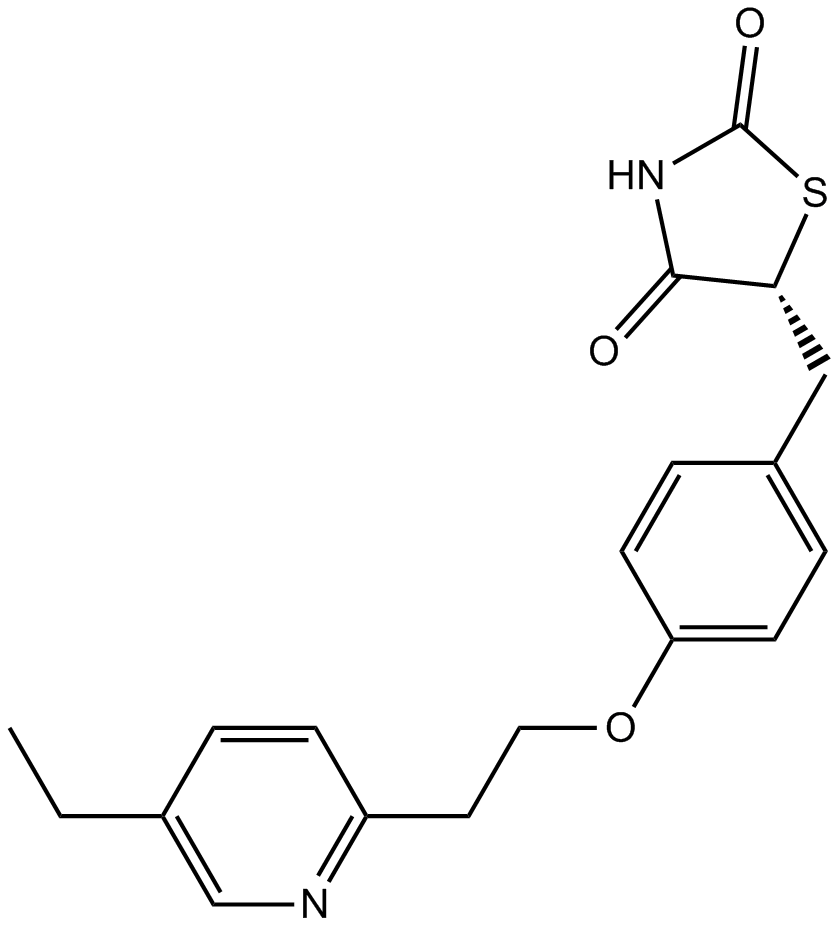 B2117 PioglitazoneSummary: PPAR agonist
B2117 PioglitazoneSummary: PPAR agonist -
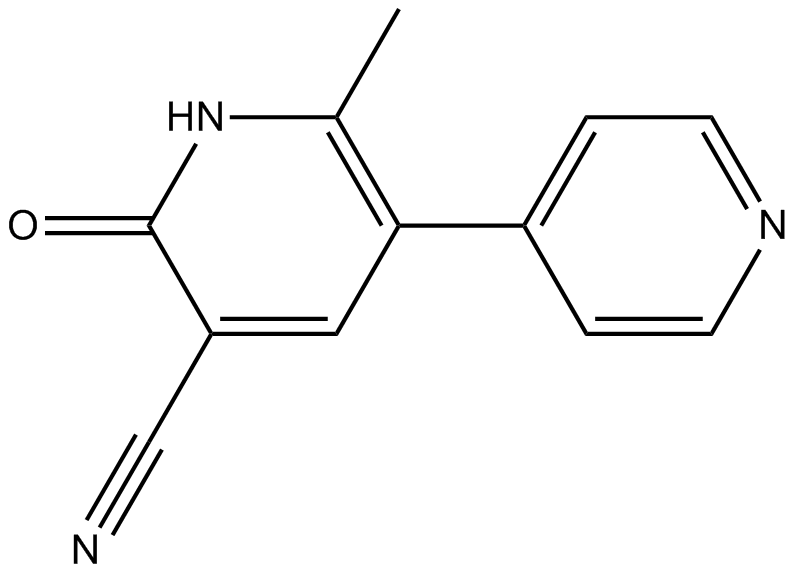 B1386 MilrinoneTarget: Phosphodiesterases (PDEs)Summary: PDE-3 inhibitor
B1386 MilrinoneTarget: Phosphodiesterases (PDEs)Summary: PDE-3 inhibitor -
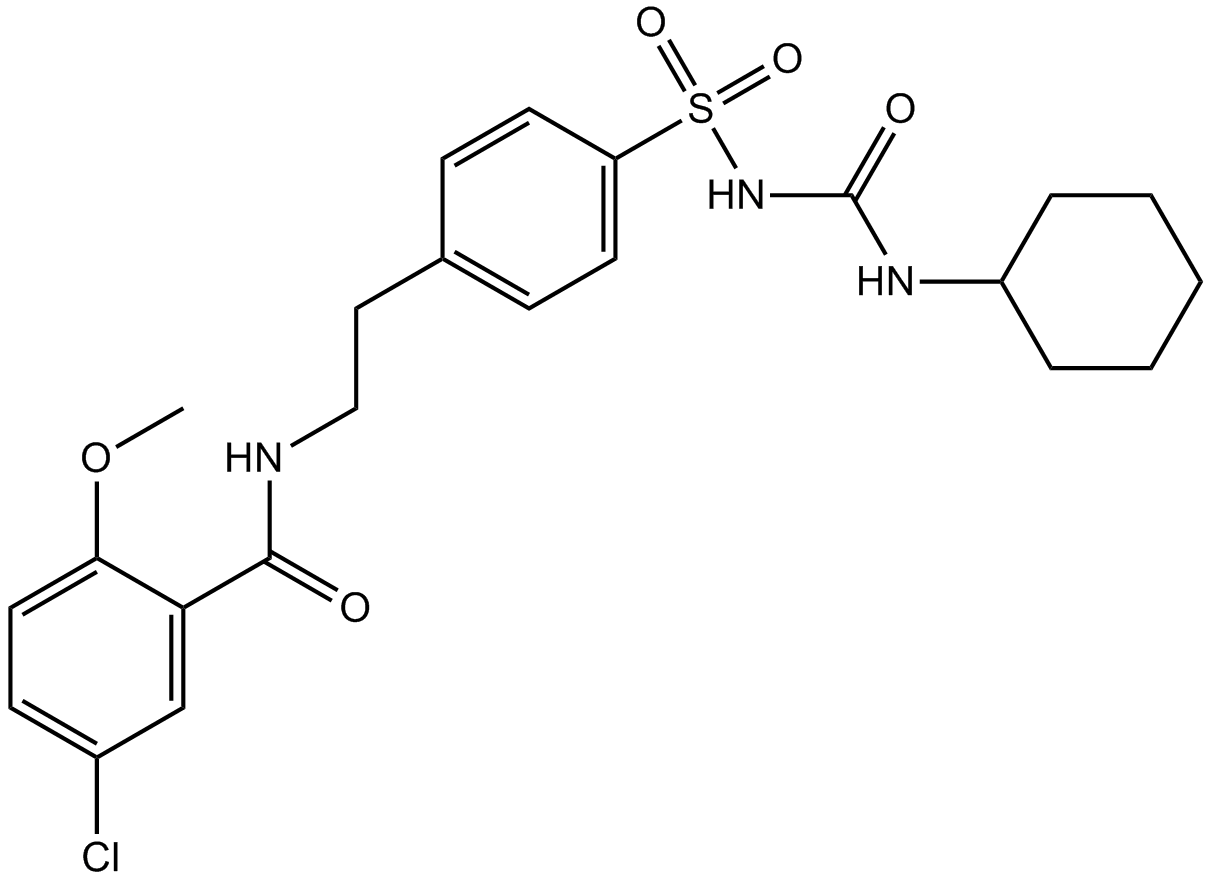 B1296 GlibenclamideTarget: Inward Rectifier Potassium (Kir) ChannelsSummary: Insulin production modulator
B1296 GlibenclamideTarget: Inward Rectifier Potassium (Kir) ChannelsSummary: Insulin production modulator

